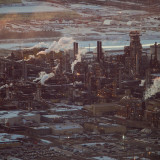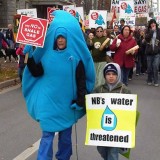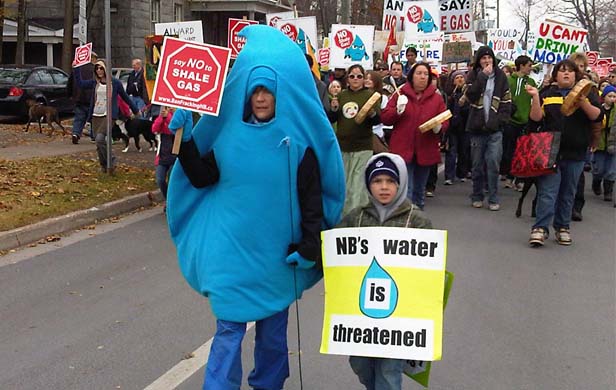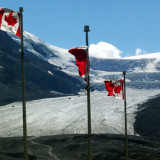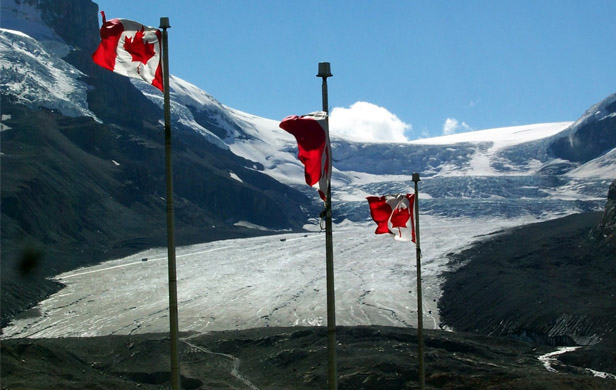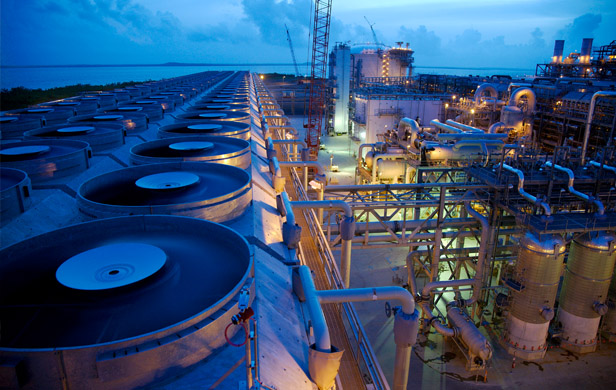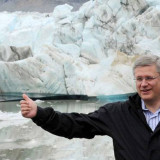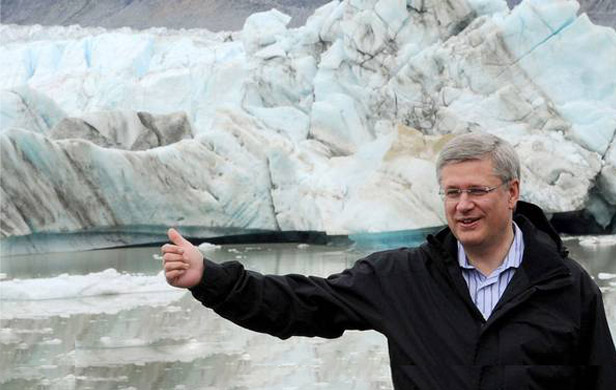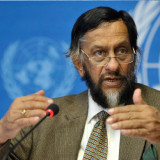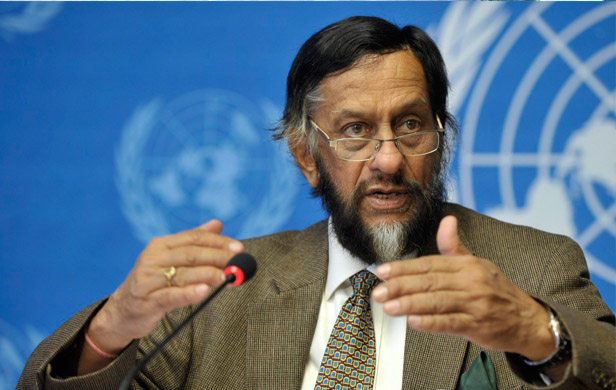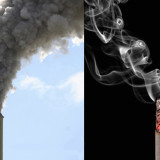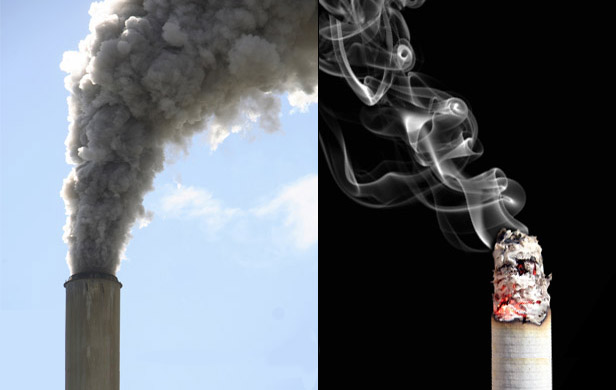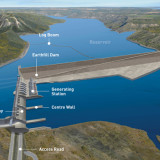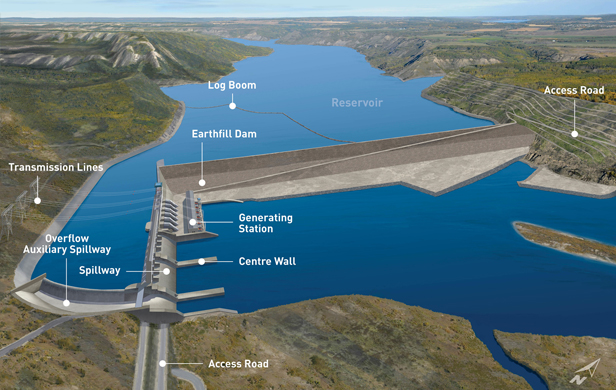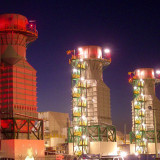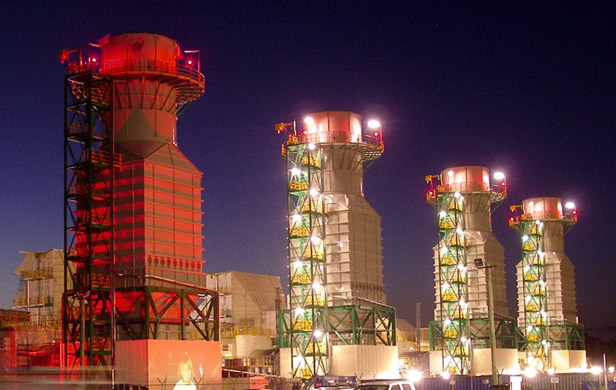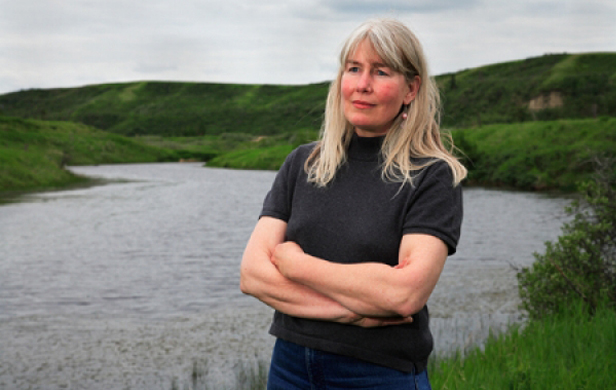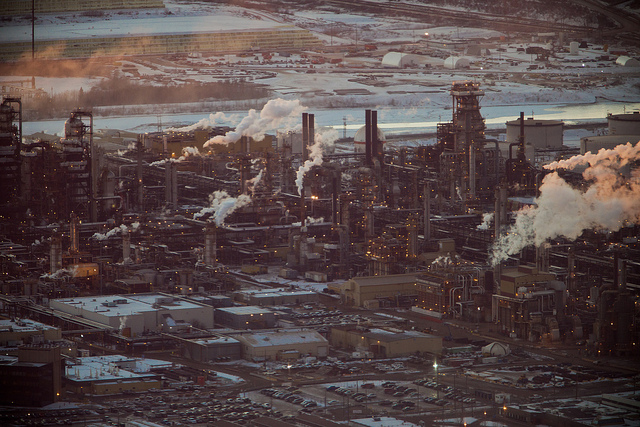
EDMONTON – Alberta’s Environment Department has been rebuked by a judge for working behind the scenes to silence groups that question the effects of oilsands operations on the environment.
“This is a black mark for the government of Alberta,” Simon Dyer of the Pembina Institute, an environmental think-tank at the heart of the dispute, said Wednesday.
[quote]Alberta needs to walk the talk and be judged on its actions both in terms of environmental performance of the industry and its actions in terms of the regulatory process.[/quote]
In a ruling filed Tuesday, Court of Queen’s Bench Justice Richard Marceau said a provincial director who in 2012 refused the Oil Sands Environmental Coalition standing into a review of a proposed oilsands project was adhering to a 2009 internal department policy memo.
The coalition includes a number of environmental groups, including the Pembina Institute and the Fort McMurray Environmental Association.
That memo, said Marceau, made it clear that the coalition was to be thwarted because its member groups refused to work with the government through such initiatives as the Cumulative Effects Management Association.
Marceau said the director then “breached the rules of fundamental justice” by beginning from a place of bias.
See no evil, hear no evil
Nowhere in the law, wrote Marceau, “is there a suggestion that promoting Alberta’s economic growth in an environmentally responsible manner permits the director to reject statements of concern from those persons or groups who voice negative statements about proposed oil sands development.”
The 2009 memo made it clear that the Oil Sands Environmental Coalition, or OSEC, should no longer be given standing at regulatory hearings into oilsands projects on the grounds it was not directly affected by the impact of the operations.
Up until that point OSEC had been routinely granted standing.
The memo, sent to the deputy minister, the top bureaucrat in the department, singled out the Pembina Institute, noting that the institute, “as reflected in (its) recent publications about the oilsands, are less inclined to work co-operatively.”
Marceau noted that the department’s director of the northern region, who is not named, then used that exact reasoning in June 2012 to reject the coalition’s application to be allowed to speak on a proposed Southern Pacific Resource Corp. (TSX:STP) in situ oilsands mining operation on the MacKay River in northeastern Alberta.
“The reasons provided (by the director) are so close to being identical (to the memo) they seem to have been cast from the same template,” wrote Marceau.
He noted OSEC was not made aware of the 2009 memo at the time and therefore could not respond to it.
Environmental coalition must be heard
In his decision, he quashed the decision to exclude the coalition from the hearings.
OSEC has argued it is directly affected by the project, given that it has a licence to occupy land for recreational purposes downstream. It argues there are larger environmental concerns, given that the project would require up to 1.7 million litres of fresh water every day. It says air quality could also be affected and says the project would be in the middle of the habitat for a threatened caribou herd.
Environment Minister Diana McQueen was not made available for comment Wednesday. She is in Europe meeting with leaders to try to head off a European Union directive that would label oilsands oil more environmentally harmful than conventional oil.
Government denies policy against environmental groups
Department spokeswoman Jessica Potter said no decision has been made on whether to appeal Marceau’s ruling. But she said there will be a review of the decisions on who gets to speak on the Southern Pacific proposal.
“As a result of the ruling we are preparing a new assessment for this project,” said Potter.
She declined to discuss the 2009 memo or whether McQueen was aware of it, but stressed, “We don’t have a policy towards the OSEC. There’s no specific policy against a specific group.”
“Banana Republic stuff”
NDP critic Rachel Notley said McQueen needs to cut short the European trip and return immediately to address the issue.
“This government has a law on one hand that they publish, and secret policies on the other hand that they implement behind closed doors,” said Notley.
“If that’s not bad enough, it turns out the secret policies that they’re implementing behind closed doors are designed to punish and to silence those who might disagree with their policies on the oilsands.
“This is banana republic stuff.”
Notley said if McQueen knew about the memo and didn’t act to stop it, “we need to talk about whether she should be in that position any longer.”
Notley also said Jim Ellis, the deputy environment minister at the time of the 2009 memo and now the CEO of Alberta’s new energy regulator, should resign.
Wildrose Party chimes in
Wildrose environmental critic Joe Anglin said the memo is further proof of a Progressive Conservative government that in its zeal to clamp down on dissent makes it even harder to prove to the world it is serious about reducing pollution in the oilsands.
“The worst thing we have ever done to our oilsands is we’ve gone out and created this story about how wonderful we are, but then we don’t practise it,” said Anglin.
“It does the industry a disservice and it does the public a disservice.”
[signoff1]
